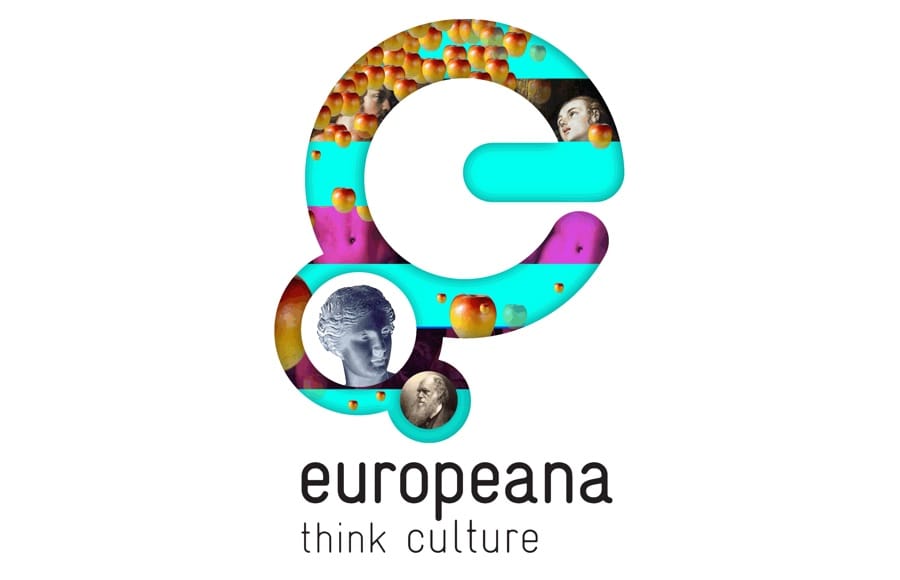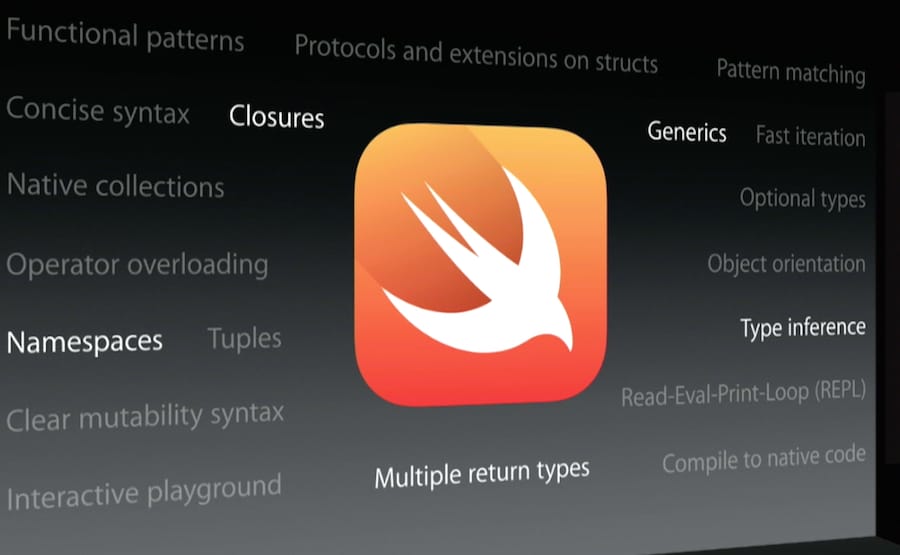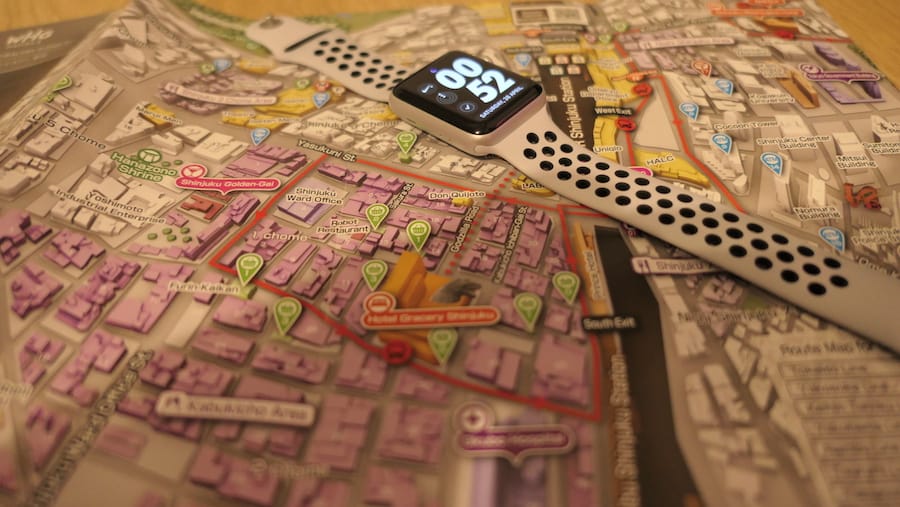Europeana Workshop in Paris – a bit of culture
A few weeks ago we've had yet another opportunity to visit Paris - this time we've participated in the workshops organized by Europeana Foundation which runs Europeana.

Seems that we’ve liked Paris. It’s shouldn’t be a surprise since in many different ways it’s a very cool city: one of the biggest startup community in Europe (as seen in a short relation from Futur en Seine, global center of world high culture with multitude of museums and art galleries and finally - a wonderful city in itself.
A few weeks ago we’ve had yet another opportunity to visit Paris - this time we’ve participated in the workshops organized by Europeana Foundation which runs Europeana.
Europeana is an internet portal that acts as an interface to millions of books, paintings, films, museum objects and archival records that have been digitized throughout Europe. More than 2,000 institutions across Europe have contributed to Europeana. These range from major international names like the Rijksmuseum in Amsterdam, the British Library and the Louvre to regional archives and local museums from every member of the European Union. Together, their assembled collections let users explore Europe’s cultural and scientific heritage from prehistory to the modern day. While having a great time in exploring how the Europeana works and meeting people there, we’ve also wondered how can we, as a company, contribute to the whole open culture idea.
The main purpose of Europeana is to provide access to a shared heritage – whether in music, books, films, art or social history. Their collections aim to make this valuable content more accessible. Which is why it made sense they have organized this workshop. Europeana showed us and companies like ours how we can use their collections and what they are doing to improve it. We’ve met a lot of other people engaged in open source movement and eager to find a good use of Europeana open data to bring great value.
Although our stay was very short it reminded us that there are endless possibilities to use technology and bring human heritage closer. There are people engaged to make this happen and sacrifice their time to make sure we won’t forget and that there will never be a day that we will lose access to all those great art collections.




Share this post
Twitter
Google+
Facebook
Reddit
LinkedIn
StumbleUpon
Pinterest
Email